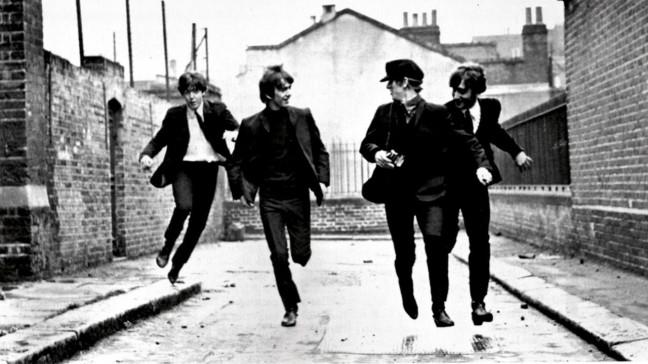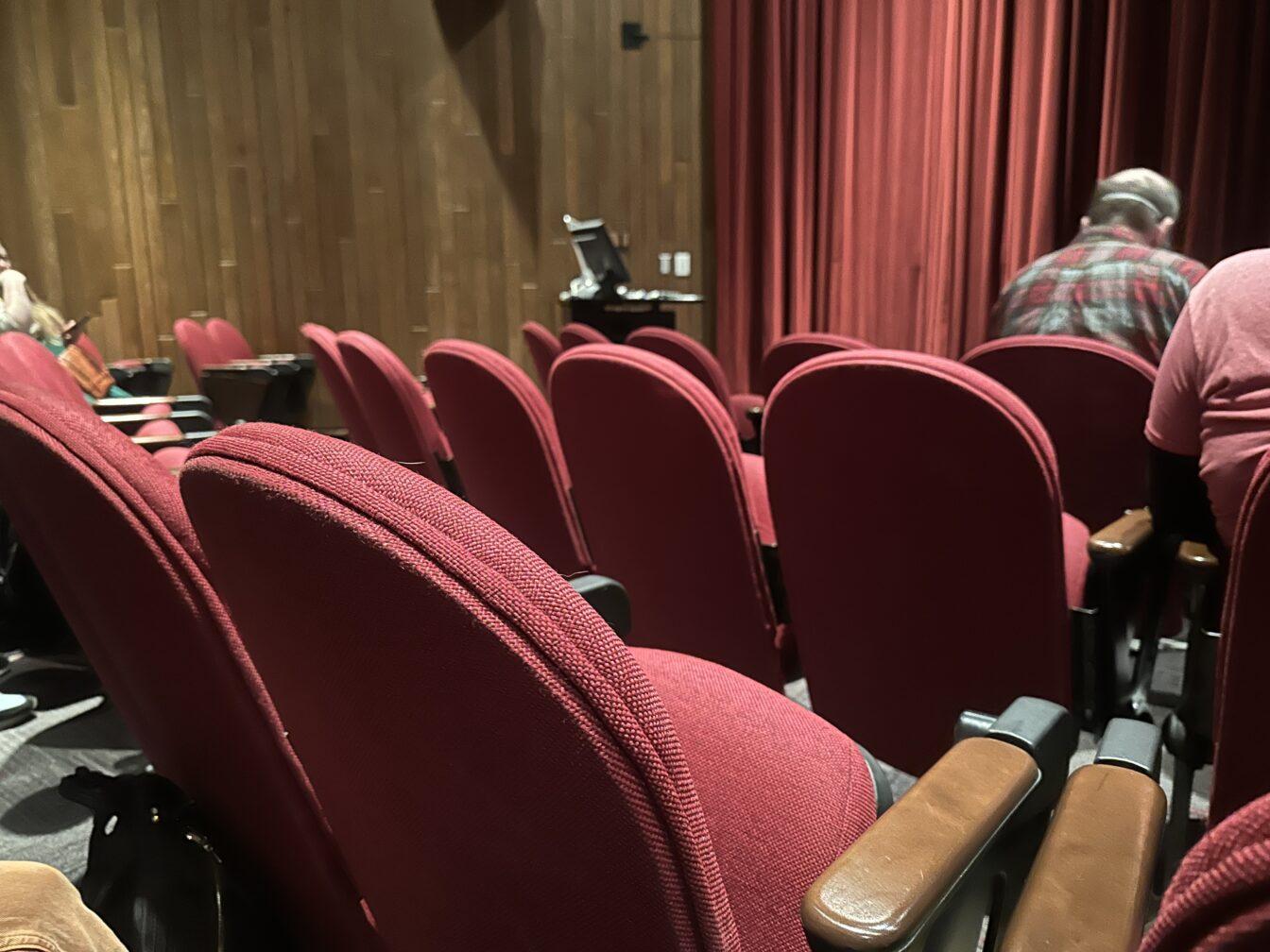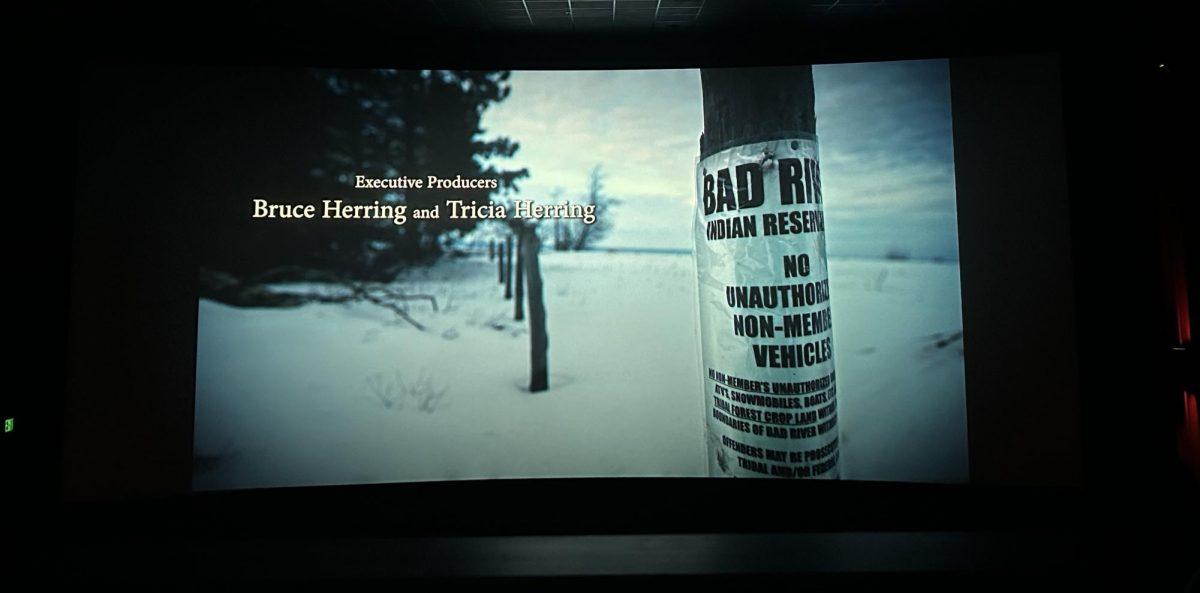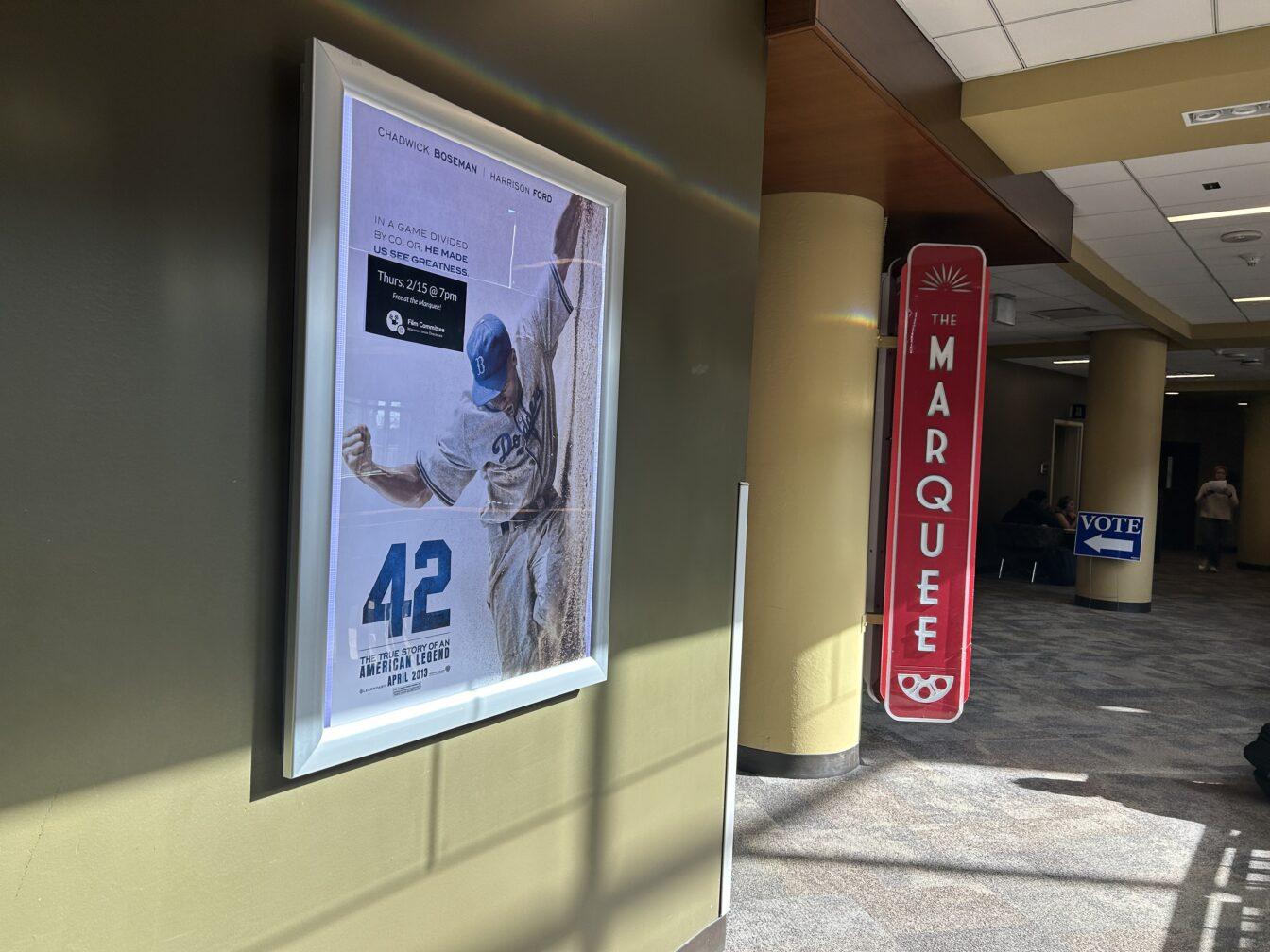Every semester, University of Wisconsin Cinematheque releases a lineup of films with a healthy balance of indie cult classics to acclaimed major motion pictures. This semester, however, their film series veers more toward the small-scale and emerging genres of film. Not a film major? Do not fear. Each movie is carefully selected by the Cinematheque and other committees and departments on campus to be interesting, acclaimed and revolutionary.
Here are six series to follow this semester at the Cinematheque.
Orson Welles: A Centennial Celebration
Most film buffs are familiar with Orson Welles’ 1941 debut feature “Citizen Kane.” Rich with symbolism and unorthodox narrative and visual techniques, the film is often considered one of the best movies of all time. But what many don’t know is the Kenosha, Wisconsin, native actually has a broader diverse repertoire of films based on literary classics and major historical time periods. Welles’ use of sound and imagery and his understanding of humanity revolutionized filmmaking for subsequent generations. To commemorate this theatrical revolutionary 100 years after his birth, the Cinematheque will feature films spanning most of his career. Starting with “Citizen Kane” (Jan. 24), the series will include classics like “The Stranger” (Jan. 31), “Othello” (Feb. 7) and “Touch of Evil” (Feb 28). The Wisconsin Film Festival will present a similar tribute to Welles in April.
Special Presentations
This hodgepodge of film classics spans several decades, genres and production styles from contemporary indie flicks to dramatic period pieces of the 1920s and 30’s. The series begins with a 2013 documentary about two Japanese filmmakers as they create art in their medium. The films descend backward through time and make major pitstops in film history along the way. Highlights include “The Wind Rises” (Jan. 24), Hayao Miyazaki’s swan song that takes a fictional approach to the life of Jiro Horikoshi and “A Hard Day’s Night” (May 2), the Beatles’ first film. For an inside scoop, David Koepp, an author of the screenplay for “War of the Worlds,” will be at the presentation to talk about his writing. At the end of the series, the communication arts department will be curating an event that allows new filmmakers to showcase their work for the first time.
Universal ‘71
1971 was a huge year for the film industry. Hollywood churned out an exceptional amount of classics that have endured the test of time, including “Fiddler on the Roof,” “The French Connection,” “Dirty Harry” and “A Clockwork Orange.” While most of the Cinematheque series this spring lack an explicit thread, this collection has a hyper specific angle: movies made by Universal Pictures in 1971. However, quality is not lost in the specificity. At the time, Universal began hosting an array of emerging directors, giving them creative freedom over their projects. These filmmakers produced classics that gained traction with national audiences as well as critics. Films include “Taking Off” (March 29) and “The Red Sky at Night” (April 5). They will be playing at the Chazen Museum of Art.
https://www.youtube.com/watch?v=7_USpdFwaK8
Cannon Fodder
A cannon fodder is a combatant who is sent on an impossible task with the expectation of high casualties. In the case of this film series, perhaps it is the pretentious viewer who plays the role of the cannon fodder as they are charged with the hopeless task of digesting these films that include superfluous sex, violence, breakdancing, vampires, giggling street thugs, etc. This series of four movies produced by Cannon Films during the 1980s is not for the humorless. The films are known as exploitation films because they are low-budget and exploit a trend of the time. These vintage flicks are still hilariously entertaining and 100 percent mockable. This series is presented in conjunction with the student-run WUD Film Committee and will be playing at the Marquee Theater at Union South.
https://www.youtube.com/watch?v=NydgCftgNEQ
Cannon Canon
To compliment their Cannon Fodder series, the theater is hosting this collection to pay homage to those rare, arthouse classics that eked out of Cannon Films’ studios about once a year at its prime. Although the production company more frequently churned out low-grade exploitive films, these films are critically acclaimed and often include stellar casts. The series begins with a new documentary detailing the careers of Menahem Golan and Yoram Globus as they grow from creating a few successful home movies to owning their own production company. It continues with “Barfly” (Feb. 13), starring Mickey Rourke and Faye Dunaway, a semi-autobiography of screenwriter, Charles Bukowski, as he wades through the muck of Los Angeles living. The series also includes the modern Shakespeare adaptation, “King Lear” (Feb. 20), which stars Molly Ringwald and Woody Allen and inserts references to Chernobyl and Virginia Woolf within the thematic framework .of the classic play.
New Argentine Cinema
The Argentine Cinema industry is considered one of the best in the Spanish-speaking world. In recent years, Argentine film directors like Martin Rejtman have so powerfully injected their personal influence and artistic style into their films that they have sculpted the industry into a visionary matrix. This four-film series includes “Jauja,” a quasi-western with inventive cinematography (March 7); “The Dead Man and Being Happy” (March 14), a critically acclaimed story of a man on a final mission during his dying days; “Two Shots Fired” (March 7), a fatalistic, wry dramedy about a teen’s life after he inexplicably shoots himself twice; and lastly “The Use of A Magazine Rack” ( March 14), an experimental film — produced in a single shot over the course of a conversation — about the personal lives of two women.














